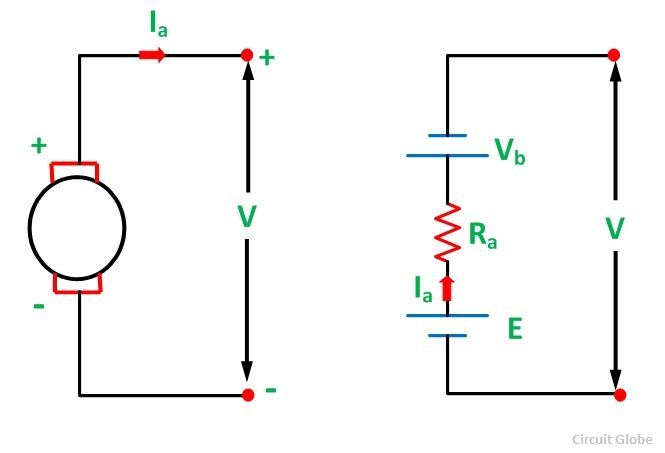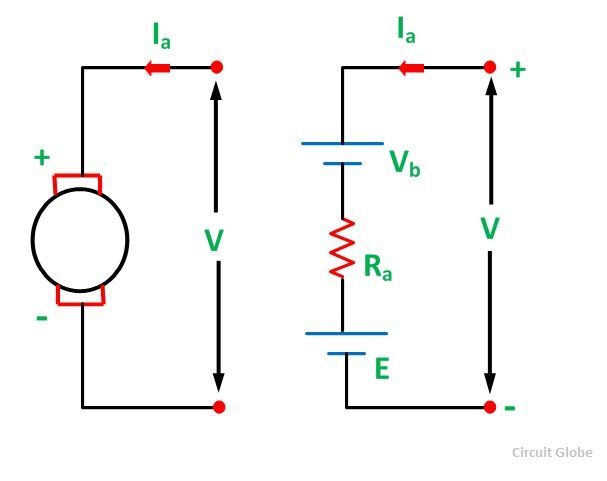A DC Machine is an electro-mechanical energy conversion device. There are two types of DC machines; one is the DC generator, and another one is known as DC motor.
A DC generator converts mechanical power (ωT) into DC electrical power (EI), whereas, a DC motor converts d.c electrical power into mechanical power. The AC motor is invariably applied in the industry for conversion of electrical power into mechanical power, but at the places where the wide range of speeds and good speed regulation is required, like in electric traction system, a DC motor is used.
The construction of the dc motor and generator is nearly the same. The generator is employed in a very protected way. Hence there is an open construction type. But the motor is used in the location where they are exposed to dust and moisture, and hence it requires enclosures for example dirt proof, fireproof, etc. according to requirement.
Although the battery is an important source of DC electric power, it can only supply limited power to any machines. There are some applications where large quantities of DC power are required, such as electroplating, electrolysis, etc. Hence, at such places, DC generators are used to deliver power.
Basic Structure of Electrical Machines
The rotating electrical or DC machine has mainly two parts; one is Stator, and another one is Rotar. The stator and rotor are separated from each other by an air gap. The stator is the outer frame of the machine and is immovable. The rotor is free to move and is the inner part of the machine.
Both the stator and the rotor are made of ferromagnetic materials. Slots are cut on the inner periphery of the stator and the outer periphery of the rotor. Conductors are placed in the slots of the stator or rotor. They are interconnected to form windings.
The windings in which voltage is induced is called the Armature windings. The winding through which a current is passed to produce the main flux is called the Field windings. To provide main flux in some of the machine permanent magnets is also used.
Equivalent Circuit of a DC Machine Armature
The armature of a DC generator can be represented by an equivalent electrical circuit. It can be represented by three series-connected elements E, Ra and Vb.
The equivalent circuit of the armature of a DC generator is shown below in the figure:
 The equivalent circuit of the armature of a DC motor is shown below in the figure:
The equivalent circuit of the armature of a DC motor is shown below in the figure:
 The element E in the equivalent circuit diagrams is the generated voltage, Ra is the armature resistance, and Vb is the brush contact voltage drop.
The element E in the equivalent circuit diagrams is the generated voltage, Ra is the armature resistance, and Vb is the brush contact voltage drop.

Nyc
Its helpful and easy way to understand DC Machine
Thank you very much. This article help me to get clear concept about DC machine. We read a lot of textbook, but this article is helpful for easy writing. Thank you very much.
If construction wise DC motors and DC generators are the same then can we uses a DC motor like a DC generator ?
it is really appreciable explanation
Great article written in easy language!!!
thank u
Great article
great Post